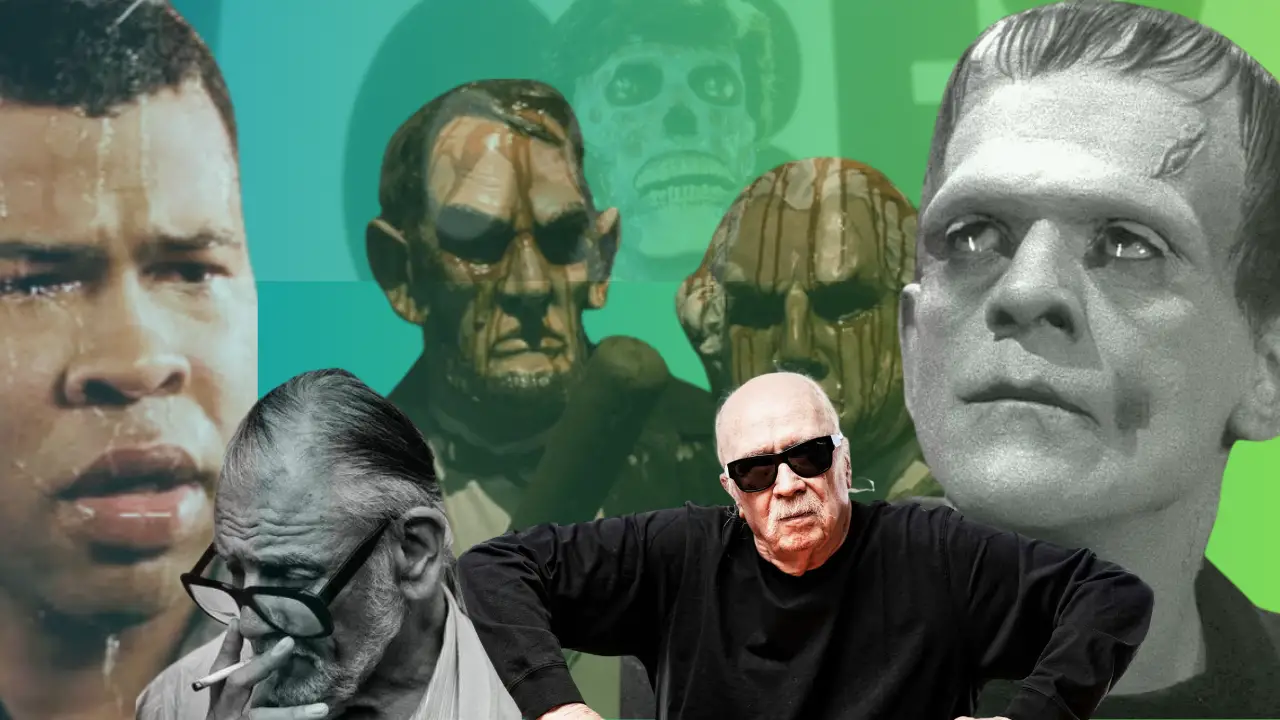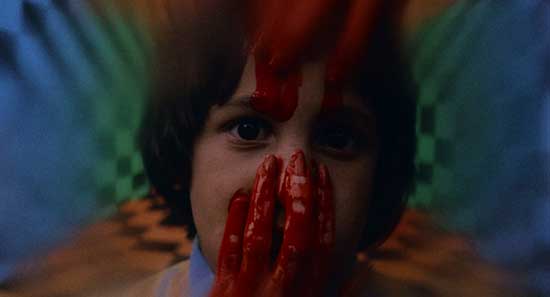Horror Has Always Been Political. Get Over it.

Directors like Jordan Peele and Ari Aster have made a name for themselves by merging subtext with traditional horror themes and tropes. The term ‘woke’ has been shouted from rooftops when describing Peele’s work. However, Peele isn’t the first to combine social or political commentary with horror cinema. Not by a longshot.
Many Universal Monsters, for example, posit a fairly distinct commentary on the nature of man. I’ve always found it difficult to refer to Frankenstein’s Monster, as a monster at all, though. The Doctor possessed the traits of a truly awful person, whereas the monster was merely a byproduct of his environment. But I digress.
Let’s fast-forward to the end of the 1980s. One would dare anybody to deny that John Carpenter’s They Live is a direct attack on modern capitalism and yuppie culture. Brian Yuzna’s infamous classic Society doesn’t even try to be anything other than obvious with its themes on wealth and corruption. Jumping ahead to the new millemium, similar messaging can also be found in James DeMonaco’s the Purge series.
There are many more horror films that that I’ve left out for the sake of brevity. But suffice to say that horror has always been political. Anyone suggesting that social and political commentary in genre cinema is a recent phenomenon hasn’t been paying attention or has some substantial blindspots to fill in.
All things considered, racism is horrifying. As such, it seems only natural to speak to that and other cultural issues in genre cinema. Horror is politcal and always has been. The only thing that has changed is that more people seem to be picking up on it.




![‘Nightwatch’ Is A Master Class in Tension [Watch] ‘Nightwatch’ Is A Master Class in Tension [Watch]](https://www.dreadcentral.com/wp-content/uploads/2024/12/Night-Watch-I.jpg)